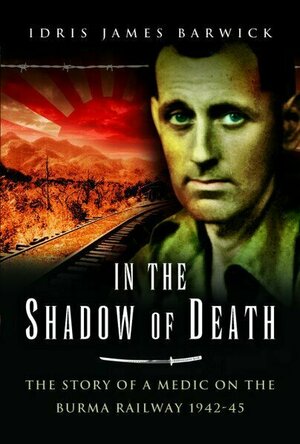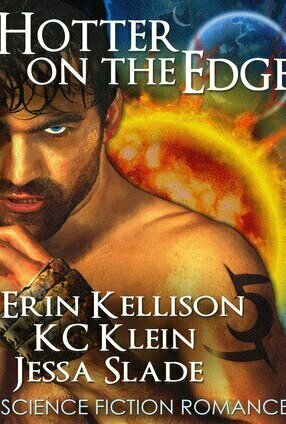
Hotter on the Edge
Erin Kellison, K.C. Klein and Jessa Slade
Book
Three novellas of science fiction romance On the edge of space... On the edge of danger... On...
Science Fiction Romance
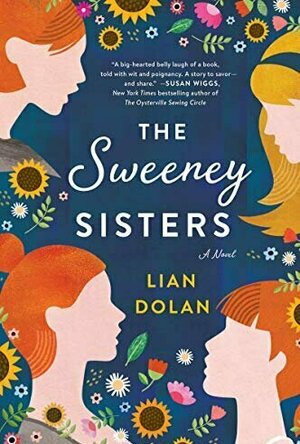
The Sweeney Sisters
Book
"This is a big-hearted belly-laugh of a book, told with wit and poignancy. Family secrets, laughter...
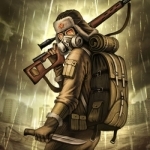
Day R Premium
Games
App
Can you survive in the world destroyed after a nuclear war? With radiation, hunger and diseases...

Earn to Die HD
Games
App
Drive your way through a zombie apocalypse! Are you ready to drive for your life? The hit online...
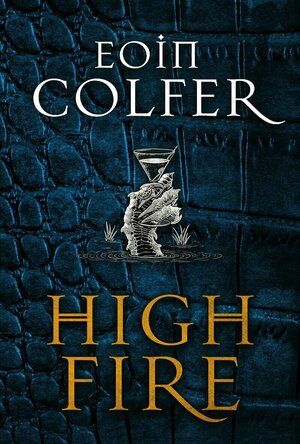
Highfire
Book
From the New York Times bestselling author of the Artemis Fowl series comes a hilarious and...
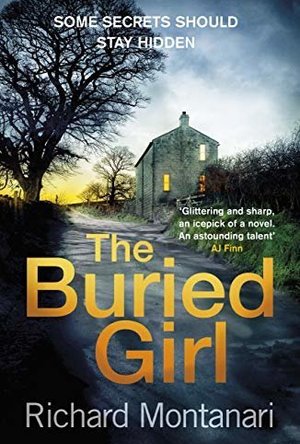
The Buried Girl
Book
'Glittering and sharp, an ice pick of a novel. An astounding talent' AJ Finn, author of The Woman...
Crime Thriller Mystery Suspense Psychological
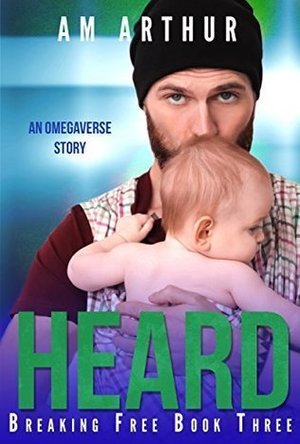
Heard (Breaking Free #3)
Book
An omega who can’t speak meets an alpha who won’t listen…. Karter Jenks is a first-year...
MPreg Omegaverse M_M Romance
Lyndsey Gollogly (2893 KP) rated Gods & Monsters ( Book 1) in Books
Feb 12, 2023
Kindle
Gods & Monsters ( Book 1)
By Janie Marie
⭐️⭐️⭐️
Monsters are real, legends are truth—and the man who saves Jane's life is an immortal knight. But it will be her secret past with the Angel of Death that changes everything.
Gods & Monsters - Book One
When the plague of all plagues begins its destruction, it isn't a miracle cure by scientists or even our military that saves us.
No, our saviors are monsters.
Jane appears to be nothing special. In fact, she's a sad sight to behold. Afflicted by the sorrow of her tragic past and failing marriage, the young mother of two is as terrified as every other soul when humanity faces doom. Yet, when hope seems lost, Jane does something even her estranged husband fails to--she fights. And she's not alone.
David and his companions are what our world has dismissed as mere legend. Their duty to the human race brings them across the country, and they all know it is no coincidence when they cross paths with Jane.
As it happens, Jane is special. She's destined to rid the world of darkness.
With monsters from every nightmare seeking her out, a noble immortal knight showing her what love truly feels like, a secret past that even Jane can't remember, and even more powerful beings wagering the fate of her soul, Jane will embark on an epic journey to save her family and the world.
So what will happen when they realize she's the greatest monster of them all?
Gods✔️ monsters ✔️ Arthur and his nights as immortals ✔️ what’s not to love right? Well I’m stuck as I wanted to give it 4 stars but there were a few draw backs for me the main one being it felt rushed in some places and sometimes abit over explained and slightly cheesy! But I absolutely love all the gods and mythology and all at war. All on sides you don’t expect I was enjoying the book then bam Hades and yea I’m a sucker for the God of the underworld!
Warnings: Triggers for abuse, sa, mental health disorders. Heavy violence, horror, strong language, emotional and controversial themes, sex, rape(not praised), will have multiple loves for the heroine.
Hazel (2934 KP) rated In The Shadow of Death: The Story of a Medic on the Burma Railway 1942-45 in Books
Dec 26, 2021
Ever since I found out my grandfather-in-law was a prisoner of war at the hands of the Japanese, I have had an interest in the subject. He would never speak about his experiences, bar a couple of stories, and having read this, I can understand why.
It is dreadful to think my grandfather-in-law was in a very similar situation as he was there at the fall of Singapore. The author describes a massacre in a hospital in Singapore in which my grandfather-in-law was a patient after being admitted with shrapnel injuries. He could quite easily have been a victim of that massacre and if he had, it's scary to think that my husband of 30 years wouldn't be here.
One thing that both surprised me and horrified me in equal measure was the conduct of the prisoner of war officers. I can't understand how many lived with their conscience after watching their comrades starving to death whilst they ate their fill or how they could inflict further punishments when they were already enduring so much. I wonder if any were reprimanded for their despicable behaviour?
If I have one little gripe is that I wanted to know what happened to some of the other people after the war; there are some but it would have rounded things up for me if some of the main prisoners and Japanese stories were updated.
This book is heart-breaking, horrific and hard to read at times. It is a real story of survival against the odds and a story of keeping your humanity and compassion in what was clearly pure hell. Many times his compassion and descriptions brought me to tears and saying to myself "how did anyone survive that?" The addition of pictures also helped bring Idris's words to life.
I defy anyone not to be moved by this book and it is one that I would recommend to anyone who has any interest in this part of the War.
My thanks must go to Pen & Sword Books and NetGalley for my copy in return for an honest, unbiased and unedited review.
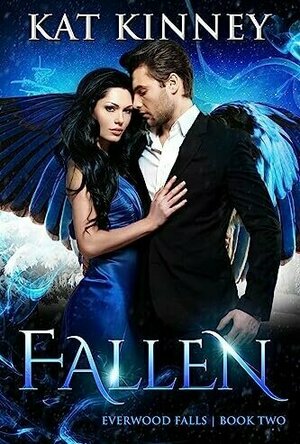
Fallen (Everwood Falls #2)
Book
EVERWOOD FALLS… a small supernatural community tucked up in the Colorado Rockies where witches,...
Cozy Mystery Paranormal Romance Series

